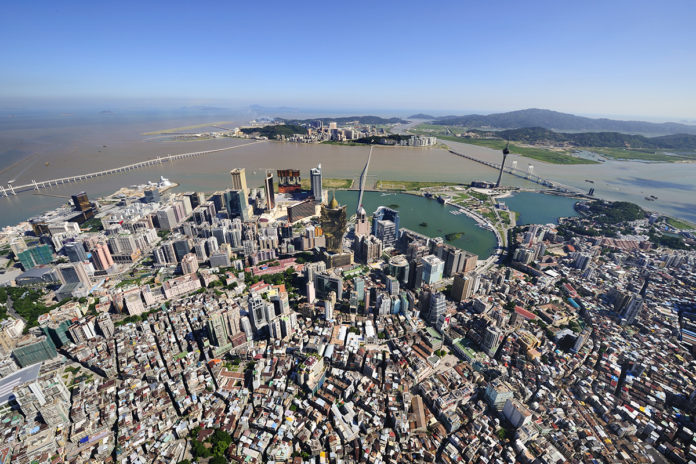Although the gaming industry appears to be nearing the government’s table limit, there is evidence to suggest there is capacity to spare The assertion by the secretary for economy and finance Francis Tam Pak Yuen that the 5,500 table limit on live gaming tables will not be lifted before 2013 has left many wondering how casino projects in the pipeline will be affected. At least one industry insider told Macau Business there is little to worry about because several casinos leave one-fifth or more of their tables unused most of the time. “We said last year that the number of gaming tables would be maintained at 5,500. It is still our goal to maintain that number and we are still on target,” Mr Tam said last month. “Right now we don’t see any reasons to change it.” At the end of September the government had licensed 5,379 live gaming tables – just 121 short of the cap, which was first announced in March last year. By mid-October, the number had dropped by 100, our source says. What is more, most casinos fail to make full use of their licensed tables. Our source says up to about one-third of the Venetian Macao’s tables are unused on any given day. Other casinos also leave up to 30 percent idle. In smaller casinos, the percentage is lower. This would make it easier for Sands China Ltd. to scrape together enough tables for the two casinos it means to open next year. It could transfer unused licences to its new casinos. The first phase of Sands China’s Sands Cotai Central development is set to open in March and will include a 9,850 square-metre casino and VIP gaming areas. The company expects to open a second casino there by the third quarter of the year. In May 2010, Sands China Ltd chairman Sheldon Adelson already confirmed the Sands Cotai Central development would feature unused or under-utilised tables from other properties, as well as a new mix of electronic table games. In the interview published in this issue (see CEO Interview), Mr Adelson assures that the gaming operator will have enough tables for its new development. So wear it Gaming companies apply for more table licences than they need for several reasons. One is that the more tables they have, the more they can borrow from the bank, our source says, because the number of tables counts with bankers. Eventually, casinos choose how many tables to operate in light of demand and their ability to staff them. During peak seasons, such as Golden Week, they usually use more tables. The government has said the 5,500 cap will be lifted in 2013. The annual growth in the number of tables will be then limited to 3 percent for the following 10 years – meaning around another 2,000 tables by 2023. This is reasonable, our source says. It means there will probably be enough tables for all the casinos expected to open in Cotai between 2013 and 2023. These include at least one casino each for SJM Holdings Ltd., MGM China Holdings Ltd., Wynn Macau Ltd. and Melco Crown Entertainment Ltd.’s Macao Studio City – all still awaiting government approval. Galaxy Entertainment Group Ltd. and Sands China Ltd. also have more land to develop in Cotai. A source with knowledge of government operations told London-based research company GamblingCompliance that the incremental cap is set to be liberally applied such that new tables will be allotted from the total number that will accrue by 2023 rather than be squeezed into the market through marginal annual increases that could hold back the opening of new casinos. Our source has confirmed that information. Our source also added that fully electronic gaming tables would not be considered in terms of the gaming cap, unlike semi-automated units, which are already licensed as live tables. The gaming industry has so far greeted the announcement of the limit of 3 percent on the annual growth in the number of gaming tables with equanimity. “That is the cap that has been put out by the government for a reason, and we understand it and we can live with it,” Sands China chief executive Edward Tracy told reporters last month. MGM China Holdings chairperson Pansy Ho Chiu King has also shown support for the policy. “This is a very prudent way to regulate. That is exactly the issue. While policies have helped promote injection of capital and growth there must also be some balance,” Ms Ho told Portuguese news agency Lusa. Ms Ho said, “a certain balance has been found, or at least a view upon which everyone agrees on how the market should be regulated”. By Luciana Leitão
—
























